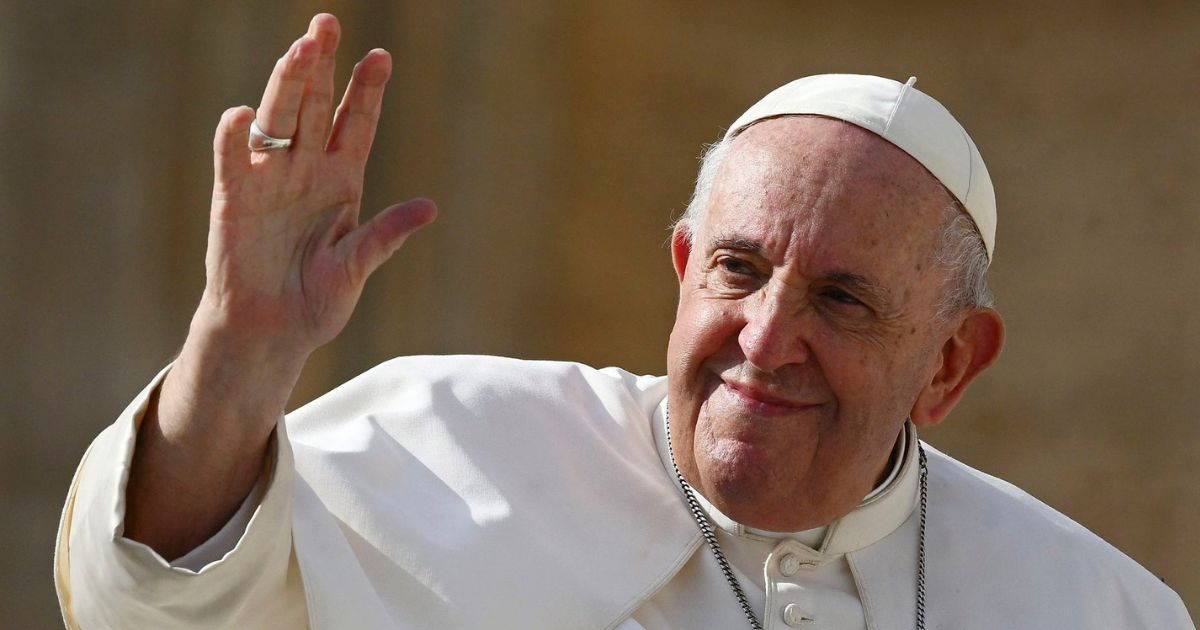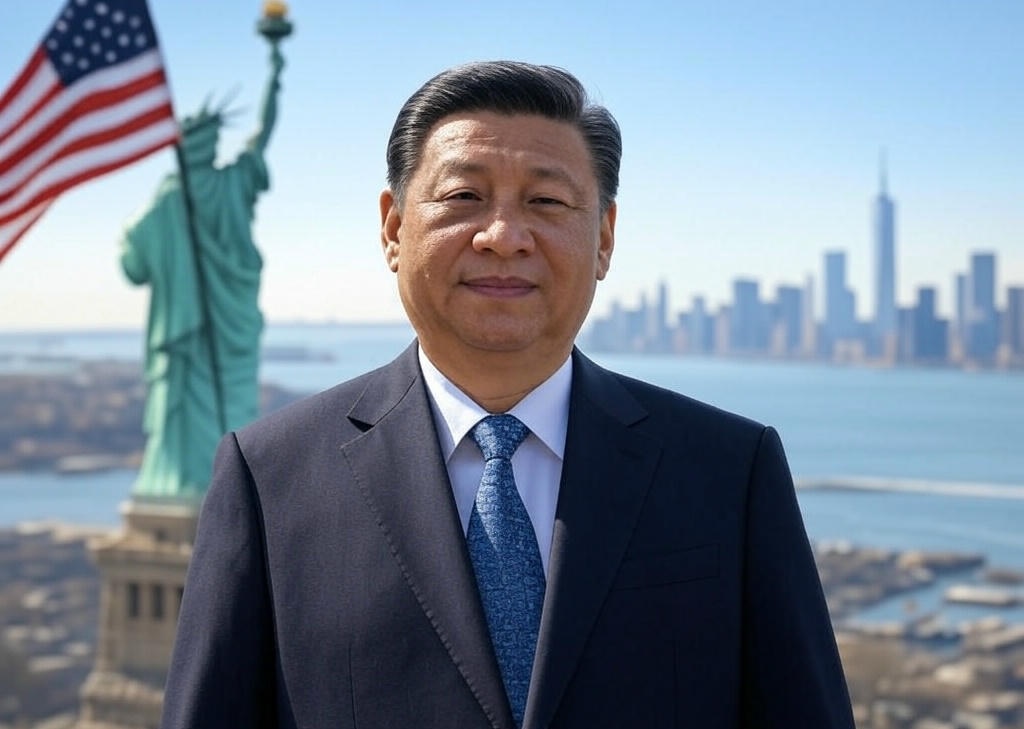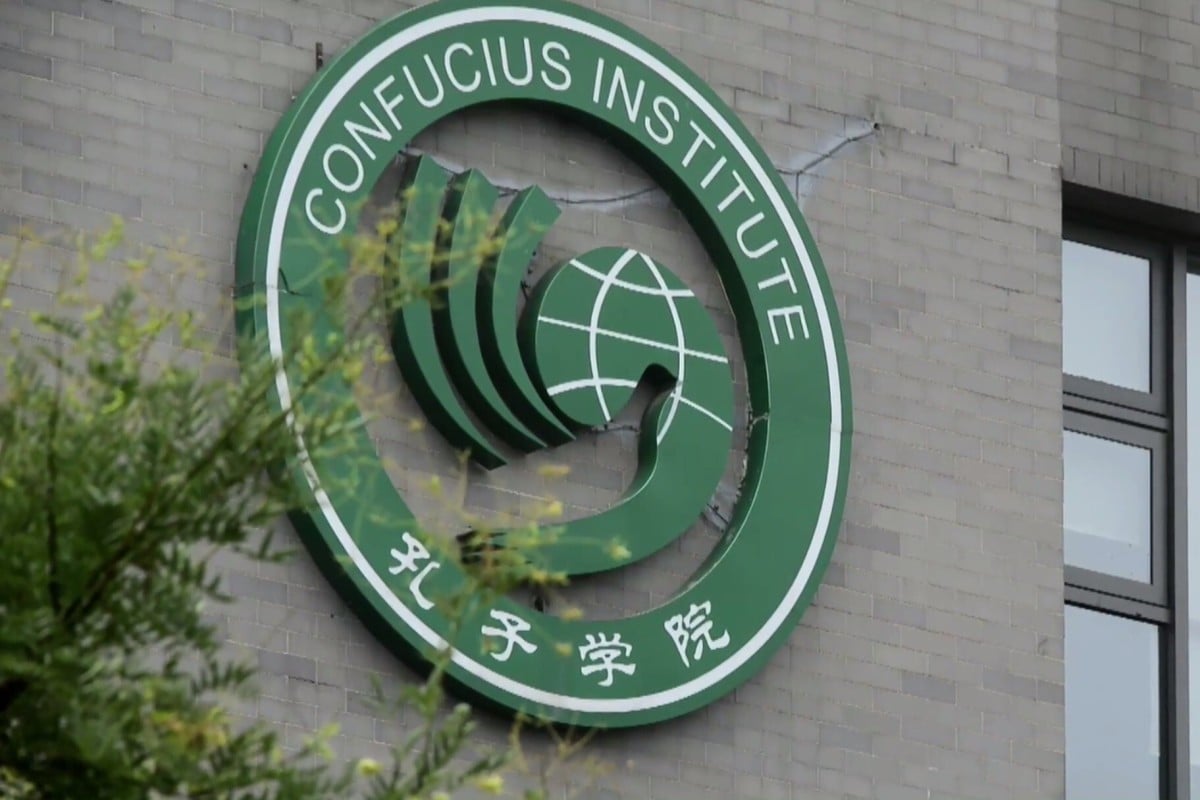Pope Francis, the leader of the Roman Catholic Church, passed away this morning at 7:35 AM in the Vatican’s Domus Sanctae Marthae due to a stroke and subsequent heart failure, aged 88. The Vatican confirmed the news, plunging billions of Catholics and world leaders into mourning. Known for his humility, inclusivity, and dedication to social justice, Pope Francis also stirred controversy with his reformist stance during his 12-year papacy. His death marks the end of an era for the Catholic Church, with the election of a new pope now imminent.
Pope Francis’s Life
Born Jorge Mario Bergoglio on 17 December 1936 in Buenos Aires, Argentina, to an Italian immigrant family, he was one of five children. Initially considering a career as a chemist, a severe bout of pneumonia at 21 altered his path, leading him to dedicate his life to the Church.
- Early Career: He joined the Jesuits in 1958 and was ordained a priest in 1969. During Argentina’s military dictatorship (1976–1983), he served as Jesuit provincial superior, later becoming auxiliary bishop (1992) and archbishop of Buenos Aires (1998). In 2001, Pope John Paul II elevated him to cardinal.
- Papal Election: On 13 March 2013, following Benedict XVI’s resignation, Bergoglio was elected the 266th pope, becoming the first pope from the Americas and the first Jesuit pope. He chose the name Francis, honouring St. Francis of Assisi, symbolising humility and care for the poor.
Renowned for his simple lifestyle, Francis shunned the opulent Apostolic Palace, opting to reside in the modest Domus Sanctae Marthae. He frequently visited slums, prisons, and refugee camps, advocating for a “Church for the poor.”
Global Praise for Francis
Francis’s leadership style and reformist vision earned widespread acclaim, particularly in these areas:
- Compassion and Inclusivity:
- Francis reshaped the Church’s public image with his warm, pastoral approach. He publicly apologised for the Church’s mishandling of clergy abuse scandals and established a commission to protect minors.
- His unprecedented openness toward the LGBTQ+ community, exemplified by his 2013 remark, “Who am I to judge?” and his 2023 approval of blessings for same-sex couples (though not formal marriage), was seen as a milestone in Church modernisation.
- He championed interfaith dialogue, signing the Document on Human Fraternity with Muslim leaders in 2019, fostering Catholic-Islamic reconciliation.
- Social Justice and Environmental Advocacy:
- In 2015, Francis issued the encyclical Laudato Si’, urging global action on climate change, becoming the first religious leader to prioritise environmental issues.
- He criticised capitalism’s “globalisation of indifference,” advocating for the poor, migrants, and marginalised, resonating deeply with believers in the Global South.
- Global Perspective:
- Francis appointed numerous cardinals from Africa, Asia, and Latin America, diversifying the College of Cardinals and challenging Eurocentrism.
- He visited conflict zones like South Sudan and Iraq, advocating for peace and humanitarian aid.
World leaders expressed condolences. The US President called him a “moral beacon,” while the UN Secretary-General praised his “selfless dedication to human unity and environmental justice.” Manila Archbishop Luis Antonio Tagle said, “Francis taught us that love and humility are the heart of faith.”
Controversies and Criticisms
Despite widespread admiration, Francis’s reforms drew criticism, particularly from within the Church and among conservatives:
- Doctrinal Reforms:
- His progressive stances, such as allowing divorced and remarried Catholics to receive Communion (Amoris Laetitia, 2016) and his inclusivity toward LGBTQ+ individuals, were accused by conservatives of straying from traditional doctrine. Four cardinals publicly questioned his teachings, sparking rare internal division.
- In 2021, his restriction of the Traditional Latin Mass angered traditionalists, who felt he suppressed liturgical diversity.
- Handling of Abuse Scandals:
- Early in his papacy, Francis was criticised for a slow response to clergy abuse scandals. In the 2018 Chile abuse case, he initially defended a bishop, later apologising and accepting resignations after public outcry.
- Critics argued that, despite protective measures, the Church made insufficient progress in holding senior clergy accountable.
- Polarising Political Stances:
- Francis’s critiques of capitalism and Western policies were seen as left-leaning, particularly by US conservatives. His open stance on migration sparked backlash from European right-wing groups.
- In the Russia-Ukraine conflict, his calls for peace without explicitly condemning Russia drew criticism from Ukrainian Catholics.
Conservative cardinals, such as Raymond Burke of the US, publicly criticised Francis for “doctrinal ambiguity,” arguing his reforms undermined the Church’s foundations.
Funeral and Future Outlook
The Vatican has announced a nine-day mourning period. Francis’s body will be available for public viewing in St. Peter’s Basilica from 23 April, with his funeral expected between 25 and 27 April in St. Peter’s Square. Honouring his wish for simplicity, he will be buried in Rome’s Basilica of St. Mary Major in a single wooden coffin, a departure from the traditional triple coffin.
The conclave to elect a new pope is set for early May in the Sistine Chapel. With Francis having appointed roughly 80% of the voting cardinals, the next pope may continue his progressive path. Potential candidates include the Philippines’ Tagle, Italy’s Zuppi, and Ghana’s Turkson. The Church faces challenges such as addressing abuse scandals, adapting to globalisation, and balancing progress with tradition.
Conclusion
Pope Francis redefined the Catholic Church with his humility and compassion, becoming one of the 21st century’s most influential religious leaders. His passing is a loss not only for the Church but for all who seek peace and justice. As the world bids farewell to the “people’s pope,” his legacy will continue to inspire and challenge generations.




